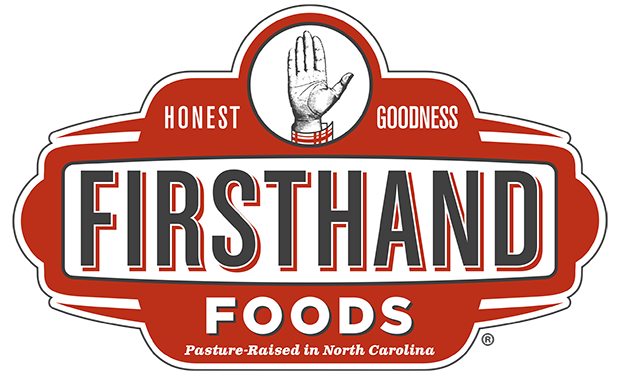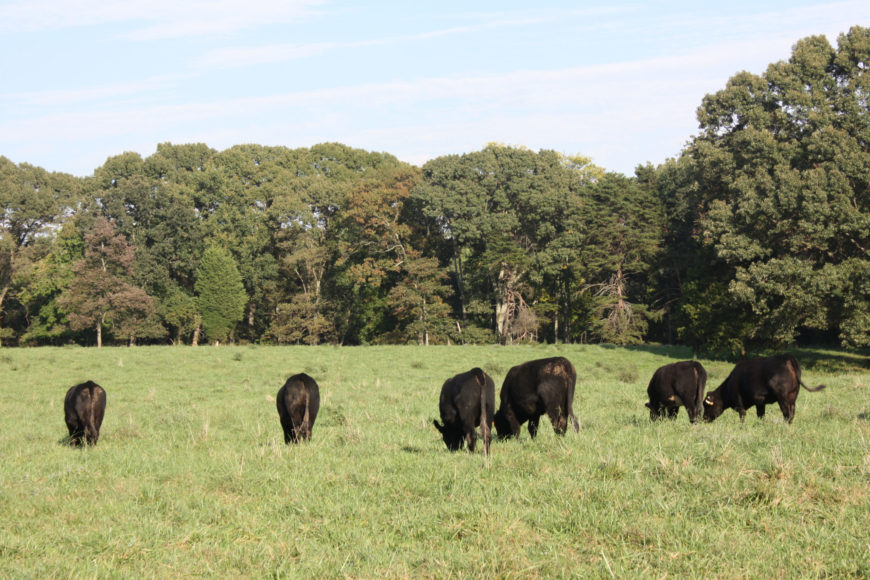Epicurious magazine recently made the decision to eliminate all new recipes that contain beef as an ingredient. Fueled by concern for the planet and beef’s role in climate change, the magazine says, “the conversation about sustainable cooking clearly needs to be louder.” Several media outlets, including NPR’s 1A program took the challenge, featuring long time friend and author, Meredith Leigh, who points out that while it’s good to be having this conversation, we can’t expect to eliminate one kind of food and solve the numerous and complex social and environmental problems we have in our current food system. We need to dive into the nuance and specifics to discover opportunities for individual and collective action.
When Epicurius states they are not “anti-beef” but rather “pro-planet,” they set up a false choice for consumers. The reality is, you don’t have to choose between beef and the planet. Not all cattle are raised in confined feedlots and fed heavy grain-based diets. Some, like those our farmers produce, are raised outdoors on pasture, harnessing the power of the sun and converting grasses and forages (which are otherwise inedible to humans) into nutritious protein. If raised right, cattle can actually revitalize impoverished land – pulling carbon out of the atmosphere and sequestering it, improving water infiltration and building biodiversity. Across the globe, ruminant animals like cattle can (and are) being put to work grazing marginal lands that are unsuitable for crop production. If done with a “soil-centric” approach using ecologically-oriented practices, beef production can be a critical tool for addressing global warming and providing nutritious protein. Too bad Epicurious chose to signal their “pro-planet” virtue, rather than take the opportunity to educate their readers about these facts.
A real conversation about climate change and agriculture must move beyond what any one of us is cooking for dinner tonight to include needed policy change. Right now, federal farm payments prop up conventional livestock production through over-production of feed, including corn. This subsidy in turn supports an over-abundance of cheap high-fructose corn syrup, which ends up widely dispersed in our diets where it becomes a major cause of our nation’s obesity and diabetes problem. Let’s talk about a better use of our tax dollars. How about we pay cattle ranches to implement regenerative grazing practices, decreasing their feed use and input costs, sequestering carbon and building soil quality at the same time?
This isn’t a pipe dream. Students, faculty and advisors at Duke University’s BASS Connections have developed policy proposals to do just that. Extension specialists and farmers at NC State’s Amazing Grazing Program are leading the way in demonstrating the on-farm efficacy of these practices. And here at Firsthand Foods, we’re hard at work developing the marketplace and distribution networks for planet-friendly beef. So, let’s use this decision by Epicuriuos to keep the conversation going and to elevate the exciting ideas and projects that embrace the complex realities of our food system and push forward for real and lasting change.
*See also a thorough response from Diana Rodgers, author of Sacred Cow: The Nutritional, Environmental and Ethical Case for Better Meat.

